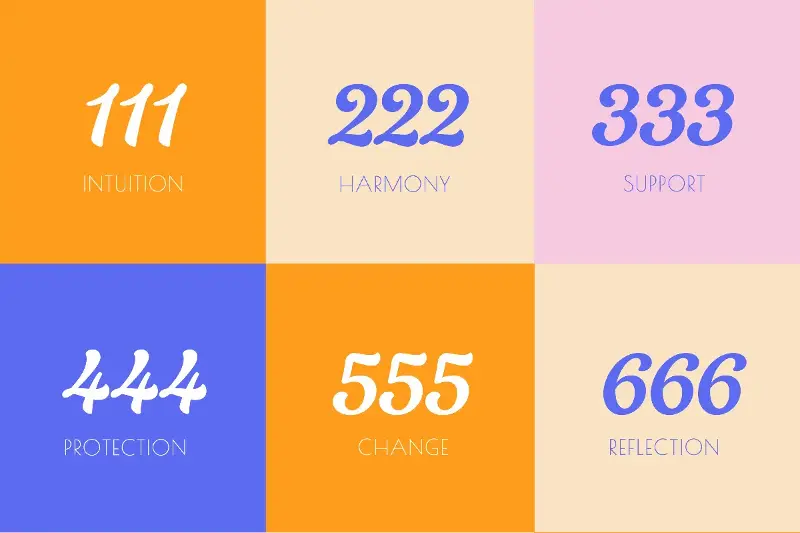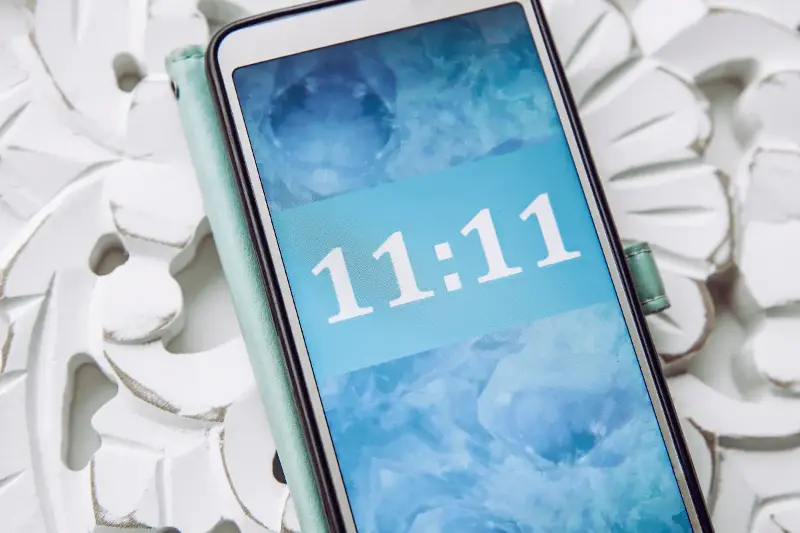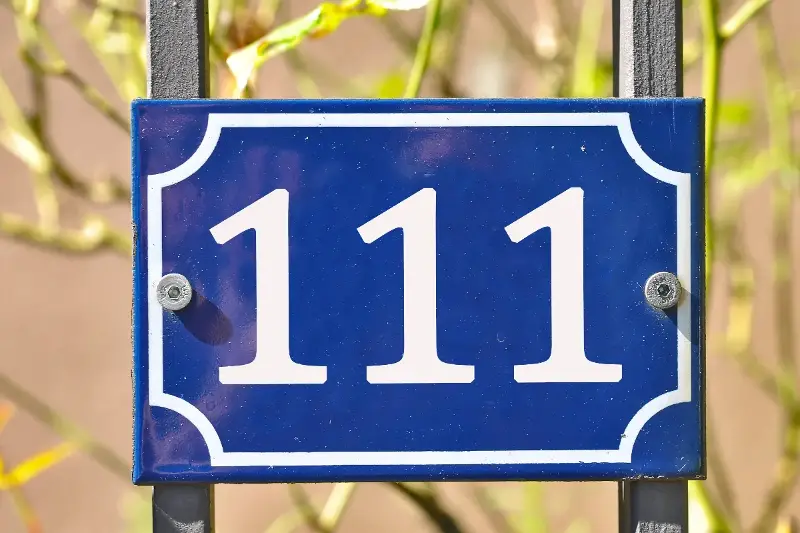From Instagram posts to casual conversations over coffee, the phenomenon of “angel numbers” has soared into popular consciousness. Those repeating digits—11:11, 222, 333, and so on—are hard to miss and even harder to ignore once you know about them. Are these just delightful coincidences or do they actually mean something as many believe? Let’s take a closer look at the cultures, stories, and science behind these mysterious numbers that keep popping up in our lives.

The History and Rise of Angel Numbers
While “angel numbers” is a modern term, the idea that numbers carry mystical meaning is ancient. Numerology dates back thousands of years and can be found in cultures from ancient Greece to China and India. Pythagoras, the famous Greek philosopher, believed numbers held the secrets of the universe. In the 20th century, the concept took on new life when American author and psychic Doreen Virtue popularised the phrase “angel numbers” in her books, suggesting that these patterns were messages from spiritual guardians or angels.
Today, angel numbers have gone viral on social media, especially among millennials and Gen Z. The concept seems to bridge spirituality and self-help, offering comfort to people seeking guidance in an unpredictable world. Type any repeating number into a search bar, and you’ll discover myriad interpretations ranging from personal growth (“111 means a new beginning”) to relationship advice (“444 means your angels are supporting you”).

Anecdotes and Amazing Stories
Perhaps the most compelling part of angel numbers is the way personal stories give them life. Many people across genders and backgrounds report striking encounters with repeating numbers during pivotal moments. Some recall seeing 1111 on a clock moments before receiving life-changing news; others recall licence plate numbers, receipts, or hotel rooms marked by triple or quadruple digits during periods of grief or doubt.
Take the story of Michael from London, who after weeks of anxiety about a career move, kept seeing 333 everywhere—on buses, phone calls, even purchase totals. He later discovered that numerologists link 333 to reassurance and support from “spiritual guides.” For him, this was the nudge needed to take a leap of faith. While cynics might say it’s all in the mind, the psychological comfort and confidence people draw from these patterns is hard to dispute.

The Science Behind Seeing Patterns
So, is there any science behind why we notice these numbers? Psychologists point to a phenomenon called “apophenia” – the human tendency to perceive meaningful patterns in random information. Our brains are built to seek order and look for significance, especially when we are anxious, uncertain, or craving meaning.
A related concept, “confirmation bias,” suggests once we start noticing a particular number, we begin looking for and remembering it more often, amplifying its presence in our daily lives. Digital devices also play a role: constantly checking the time on a digital clock increases the chances of noticing repeating digits, like 11:11 or 22:22.
Still, while science offers explanations for pattern recognition, it doesn’t fully address the feeling many people experience—that sense of comfort, a “nudge” from the universe, or sheer intrigue. Some researchers even argue that the psychological benefit of these comforting beliefs can improve mental wellbeing by helping people feel less alone or uncertain.
The Social and Cultural Power of Numbers
Angel numbers are fascinating not just for their mystical aura, but also for how they bring people together. Online forums and groups dedicated to recurring numbers foster real communities, allowing people of all backgrounds to share their experiences and encourage each other. These shared narratives transform personal moments into collective phenomena.
In many ways, angel numbers are a testament to humanity’s enduring wish to feel seen, connected, and guided. Numbers transcend language, gender, and culture; whether someone is in Nairobi or New York, the sight of 222 can carry the same sense of hope or curiosity.
While the debate over whether angel numbers are cosmic messages or clever psychological tricks continues, it’s clear that they hold a powerful place in contemporary culture. Whether you interpret those repeating digits as angelic guidance or as serendipitous reassurance, the stories and science behind them demonstrate the endlessly creative ways humans find meaning in the everyday. So next time you catch 11:11 on the clock, maybe pause—and enjoy the mystery.
